Mountain rescues in Spain
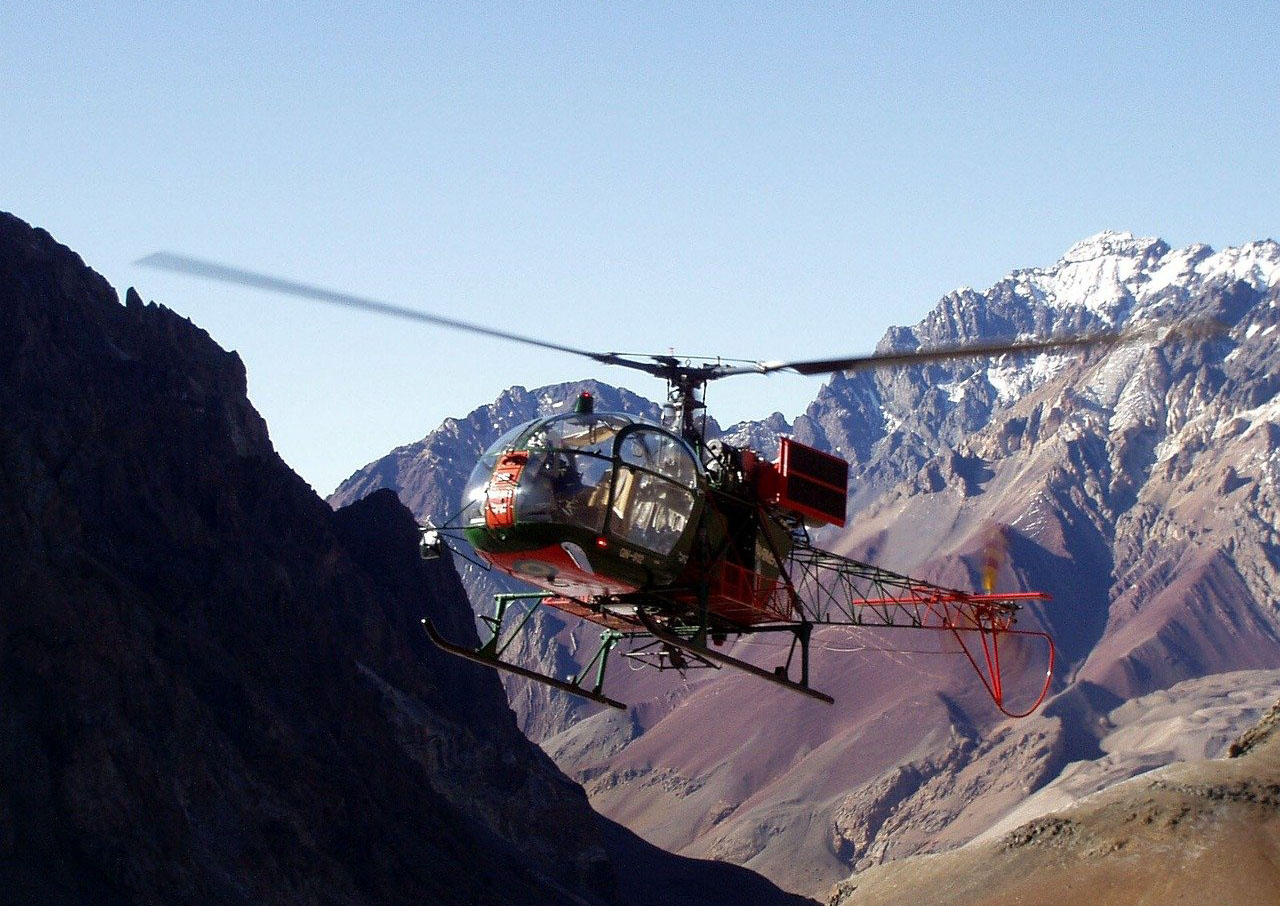
Do you know how mountain rescues work in Spain? who deals with them? how many take place each year? how much do they cost? In this article we will try to clear up these and other doubts and shed some light on the subject.
The increase in mountain accidents and the most common causes.
Contrary to what might appear to be the case, the most common rescue situation is not that of a mountaineer in a place of extreme difficulty, but that of a hiker in a place of difficult access.
And the fact is that the increase in accidents and interventions is directly related to the increase in the number of people going to the mountains.no more and no less.
According to Burcio (1997), Rescues in SpainIn 1995, the Guardia Civil units carried out a total of 487 interventions. Half of those carried out 25 years later, and this is without taking into account those carried out by the regional rescue groups that have appeared during this time, which account for around 60%. A figure that contrasts even more if we take into account the improvements in equipment, weather forecasting and access to information that we have today.
Reviewing the data for 2018 and 2019 (2020 has been a bit of a rarity as we all know), the Guardia Civil Mountain Service carried out 974 and 981 rescues respectively. Of these, 46% in 2018 and 48% in 2019 were related to hiking. An activity that a priori we can consider easy.
Among the main causes, we can point to three: a poor planningthe overestimation of our possibilities and the recklessness.
Mountain rescue groups in Spain
At the state level:
In Spain there is currently a state-level mountain rescue and intervention service under the Guardia Civil.which is commonly referred to by the acronym of GREIM (Special Rescue Groups for Mountain Interventions).
In reality, these acronyms refer to only one part of the structure and, to be more precise, this service is made up of a Central Bodylocated in Jaca, and by the different units deployed in the main mountain areas of Spain, 5 in total (Jaca, Cangas de Onis, Granada, Navacerrada and Viella).
In each of these areas, with the exception of Viella, there is a Mountain Rescue and Intervention Section (SEREIM) and various Groups (GREIM) y Equipment (EREIM) spread throughout these areas.
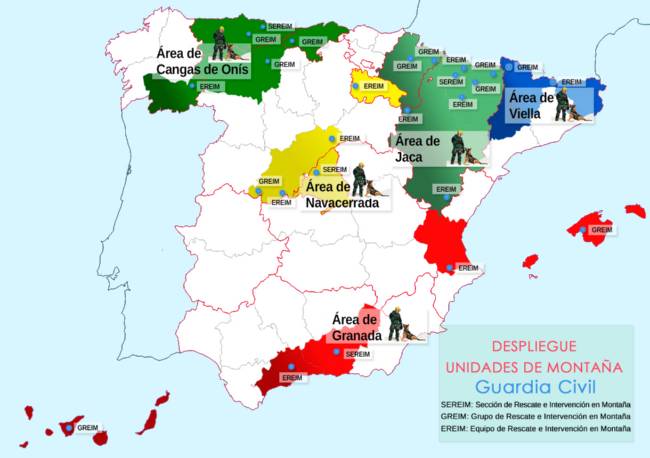
At the regional level:
At the regional level, seven communities have special rescue groups for mountain and hard-to-reach places:
- Asturias: Fire Rescue Group of the Emergency Service of the Principality of Asturias (SEPA).
- Cantabria: Rapid intervention team (SOS Cantabria 112).
- Basque Country: Ertzaintza Mobile Brigade. Regional Police.
- Navarre: Technical Rescue Group (GRT) of the Fire Service.
- Catalonia: Special Actions Group (GRAE). Firefighters of the Generalitat.
- Castilla y León: Castilla y León Rescue and Rescue Group.
- Madrid: Special High Altitude Rescue Group (GERA). Firefighters of the Community of Madrid.
The existence of these groups does not mean the non-presence of Guardia Civil rescue units, and usually these rescue groups work together, being complementary on many occasions.
Mountain rescues in Spanish legislation
From a legal point of view, there is no specific law in Spain regulating mountain rescues. and the right to be assisted.
However, there are countless laws that, although not specific to the case of mountains, establish the the obligation of natural persons, professionals and authorities to provide assistance to anyone in an emergency situation.
The "failure to provide assistance". is a criminal offence and all the more serious if it involves a rescue or health professional.
The Constitution says in his Article 104 on the creation of the State Security Forces and Corps that, ".under the authority of the government, will have as their mission to protect the free exercise of rights and freedoms and to guarantee citizen security".
In the BOE we find the Organic Law 2/1986The Law on Security Forces and Corps (LO 2/1986 of 13 March 1986) establishes, inter alia, "the obligation of the Security Forces and Corps to assist and protect people and to ensure the preservation and custody of property that is in danger for any reason"..
The references that can be found in the law, as mentioned above, are many, and from them the idea is that in Spain, rescues are free of charge.
NeverthelessAs we shall see below, the Autonomous Communities have implemented amendments to the law which have, under certain circumstances, put an end to their being free of charge and which have generated debate and some controversy for some time now.
The Recovery of Ransom
As seen above, the autonomous communities are responsible for rescue and rescue servicesand many of them have their own bodiesThese are complemented by those of the state (Guardia Civil).
In any case and due to the increase in recent years in the number of interventions carried out in the mountains by these groups. The regional administrations, some communities have taken the matter into their own hands and have implemented amendments to the law (Cantabria in 2003, Catalonia in 2005, Navarre, Asturias, the Basque Country and Castile and Leon) which basically consist of levying charges on bailouts under certain circumstances, which differ from one community to another.
And it is in the case of the regional media coming to the rescue that the possibility of charging such a fee exists. This series of fees are fixed in advance and, it must be said, are rarely collected, the last timea few days ago. With differences between communities, the situations contemplated for the collection of these fees go in this direction: lack of equipment, ignoring a weather alert or skipping the ban on access to a restricted area, among others. In some cases, these issues are quite subjective.
But let's put some figures on it: how much does a rescue cost? Let's look at the Basque Country, at the Law amending public fees and prices approved by the Basque Parliament in 2011.
The amounts stipulated for each staff member, material means and hour spent are as follows:
- 37,08 €/per staff member participating in the operation.
- 39,14 € per vehicle.
- 2.155,79 per helicopter.
"Rescate", the Sunday documentary series on La 2.
If you are interested in learning about the intensity of a rescue, the excitement, the suspense and the danger involved in Guardia Civil interventions, we recommend you to watch the documentary series "RescueThe 13-part series, which is currently broadcast on Sundays at 20:00 on La 2. On RTVE A la Carta you can find the first 4 chapters, already broadcasted. Here we leave you the first one.
Episode 1: The Hidden Danger

Preventing accidents
We could not end this article without remembering that the best thing we can do is to be prepared to prevent accidents from happening.
We have already seen some of them safety tips when planning our excursions and how to go out to the safe winter mountaineering. It does not hurt to remember some of these tips:
- Plan the itinerary.
- Equip yourself appropriately.
- Check the weather forecast and pay attention to the evolution.
- Choose an activity appropriate to the possibilities of the group.
- Complies with the timetable.
- Let someone know where you are going.
- Be prepared for an accident.
You may be interested in:
Why join a mountain federation? "
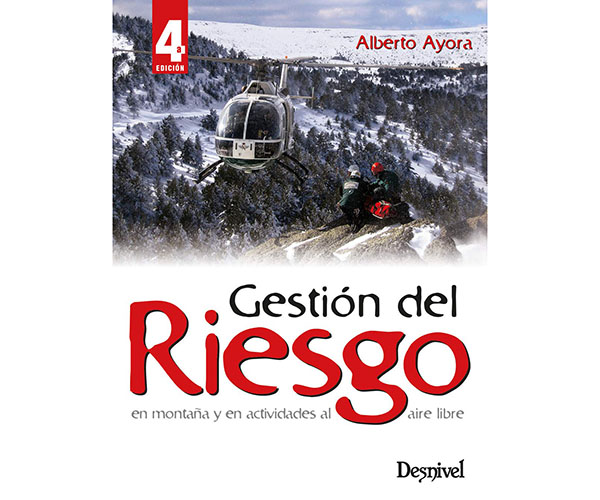
Risk management in mountain and outdoor activities.
- Editorial: Ediciones Desnivel S.L
- Language: English
- No. of pages: 282
- ISBN-10 : 8498292093
- ISBN-13 : 978-8498292091
- Publication: 2016
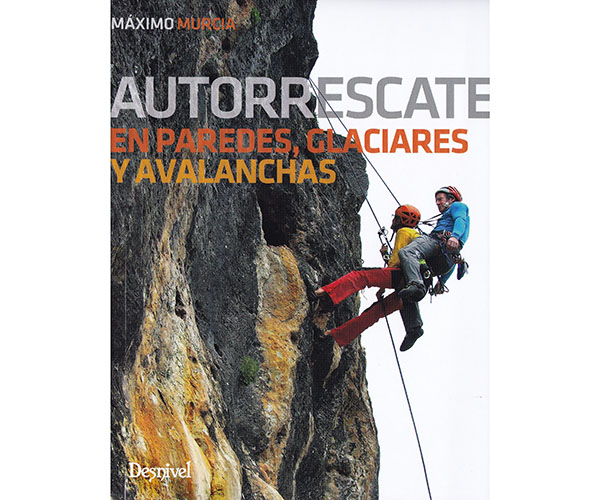
Self-rescue on walls, glaciers and avalanchess
- Editorial: Ediciones Desnivel S.L
- Language: English
- No. of pages: 232
- ISBN-10 : 8498293944
- ISBN-13 : 978-8498293944
- Publication: 2017
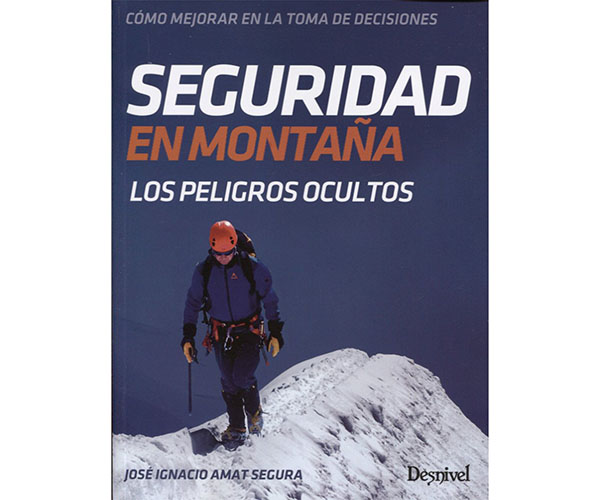
- Editorial: Ediciones Desnivel S.L
- Language: English
- No. of pages: 320
- ISBN-10 : 8498293928
- ISBN-13 : 978-8498293920
- Publication: 2017
Fastpacking is not about going faster. It's about going lighter.
If you come from classic trekking, this is the next step: learning to move with less weight,
more fluid and enjoying every kilometre more.
Join the Outsiders Newsletter and start discovering what lightness feels like.

